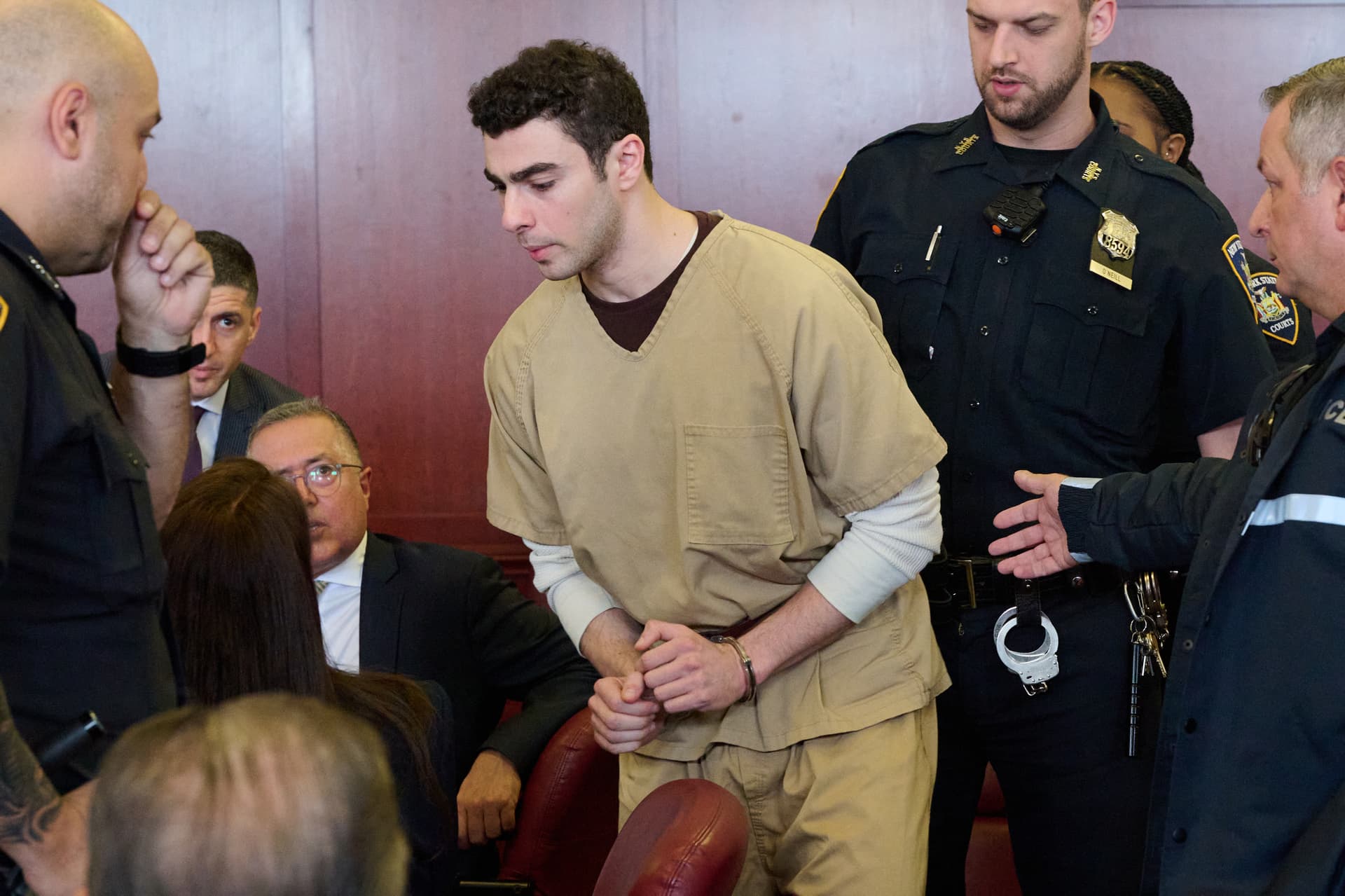
Economical Horror Indie ‘The Arborist’ Outshines Ryan Coogler’s ‘Sinners,’ in Many Respects
By MARIO NAVES
|Software giant cites downtown Seattle’s ‘general uncleanliness’ for its decision, costing the city much-needed business.

Already have a subscription? Sign in to continue reading

By MARIO NAVES
|
By LUKE FUNK
|
$0.01/day for 60 days
Cancel anytime
By continuing you agree to our Privacy Policy and Terms of Service.
By MARIE POHL
|